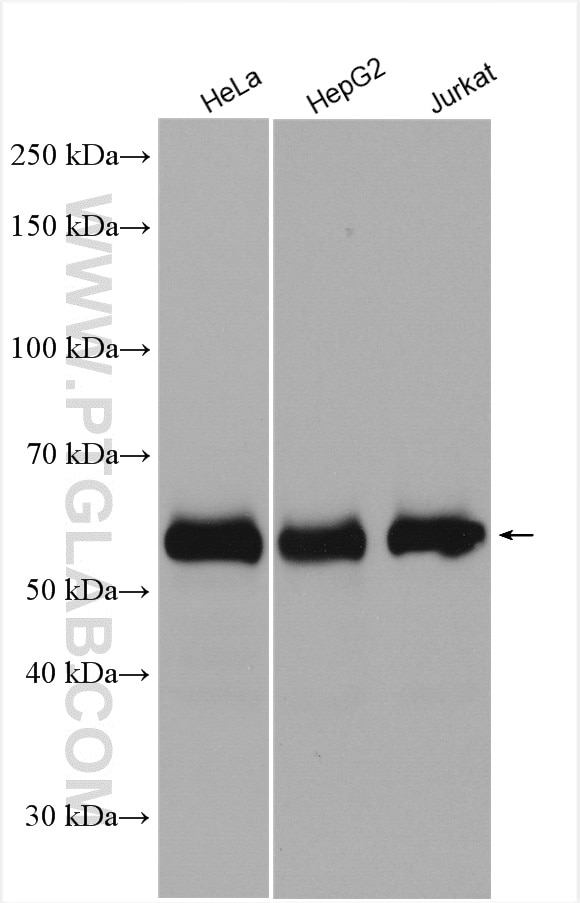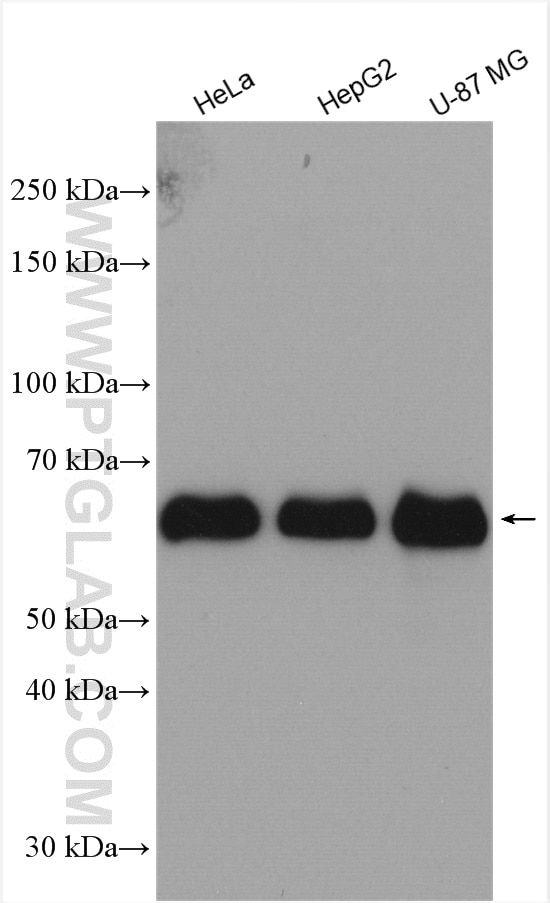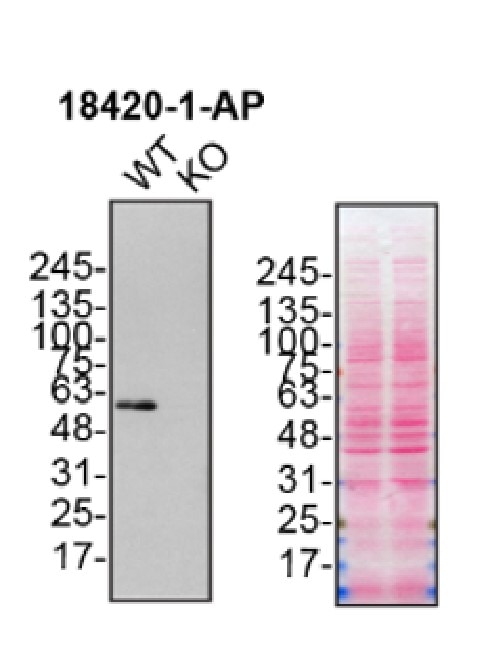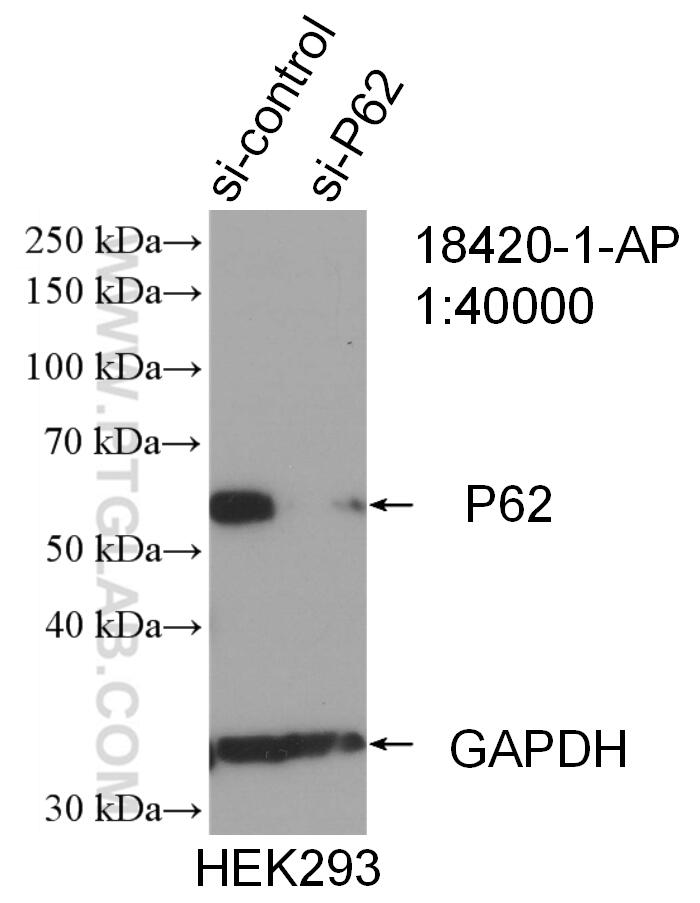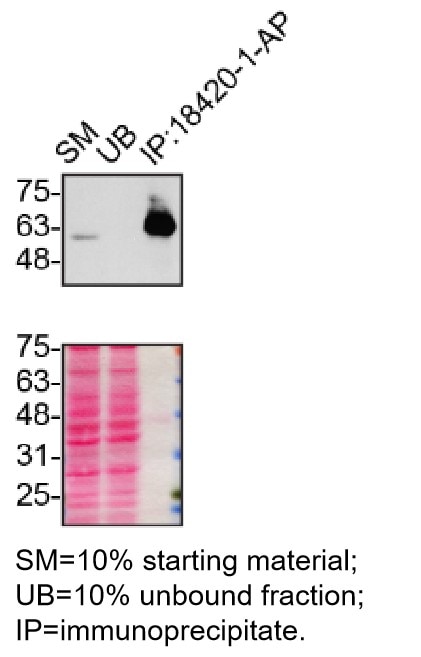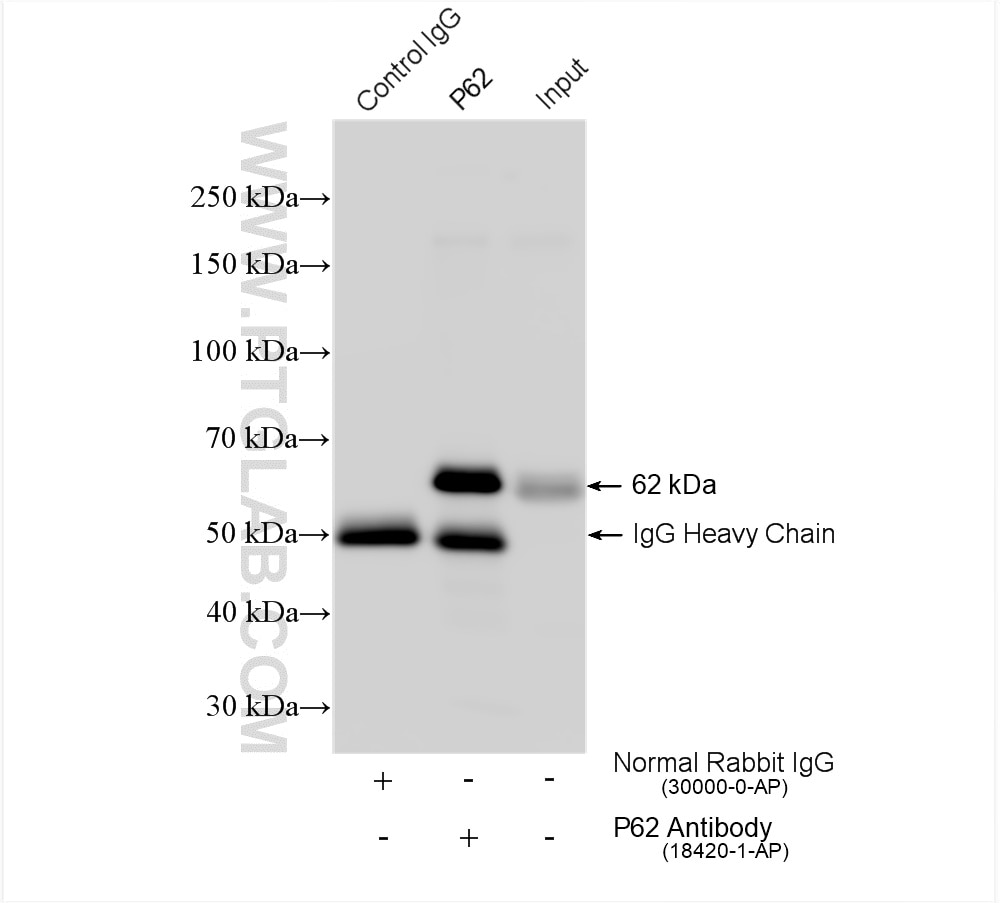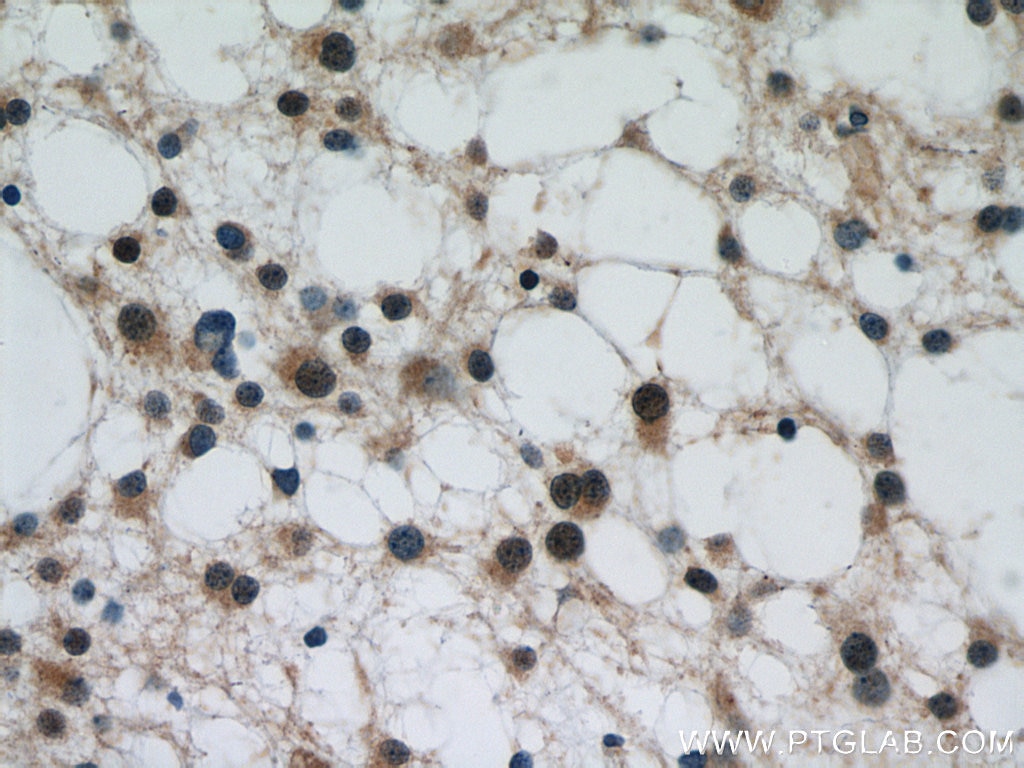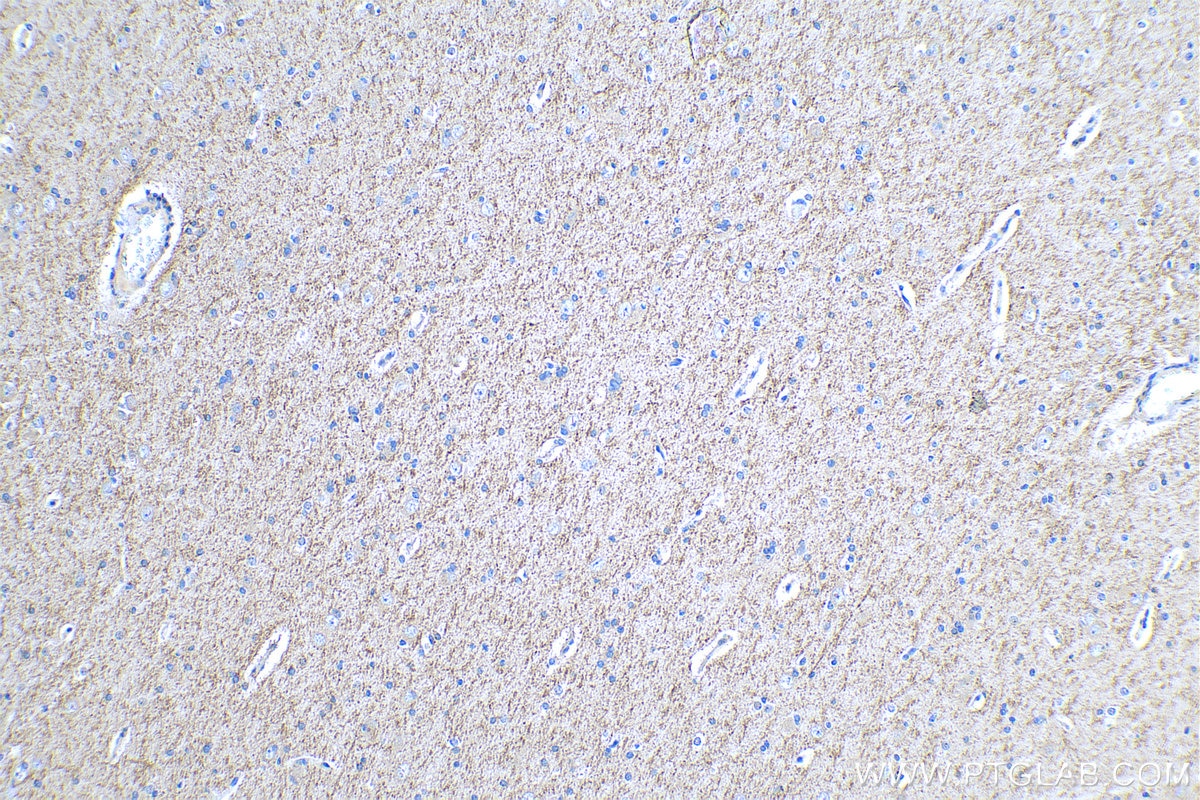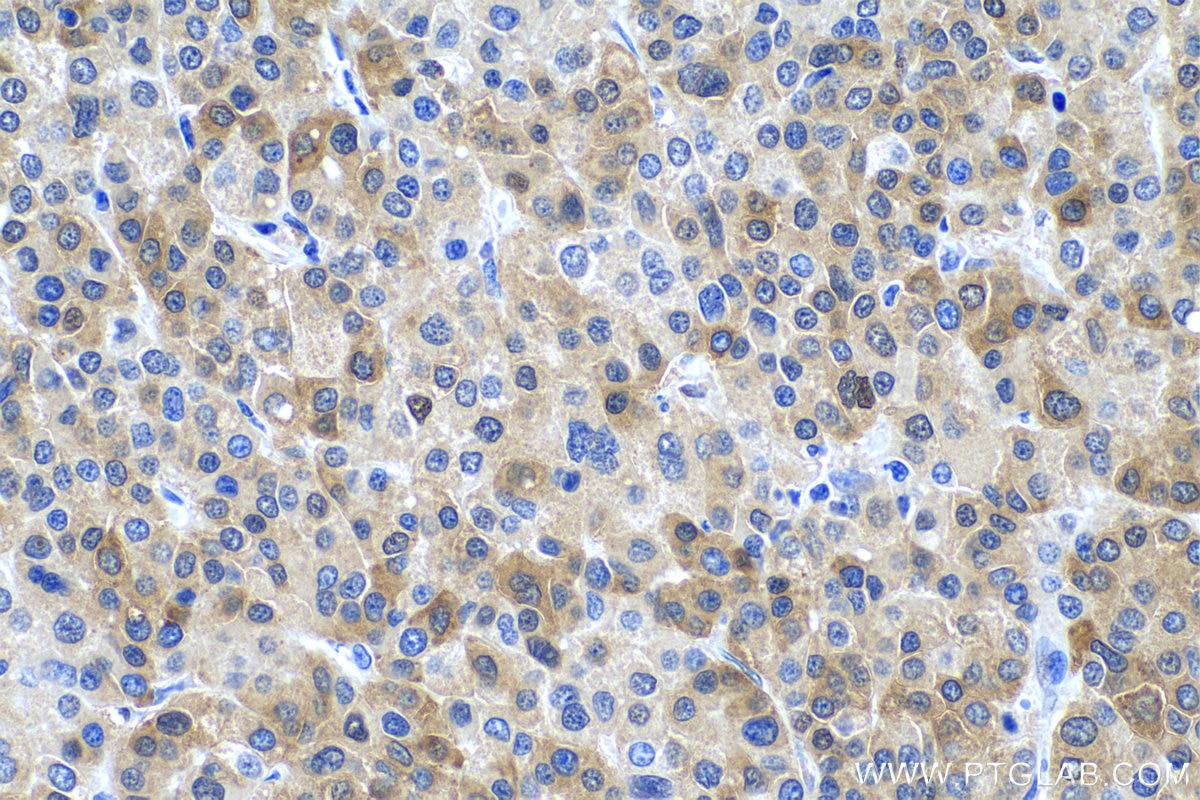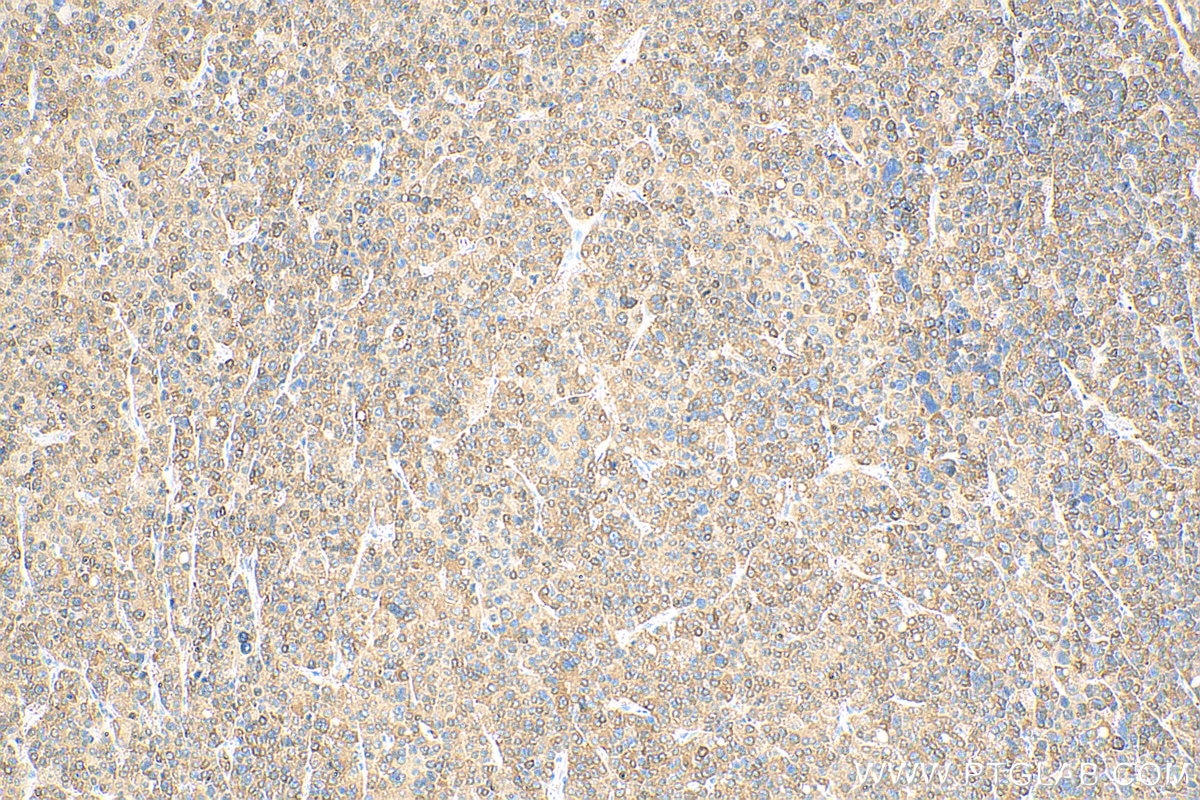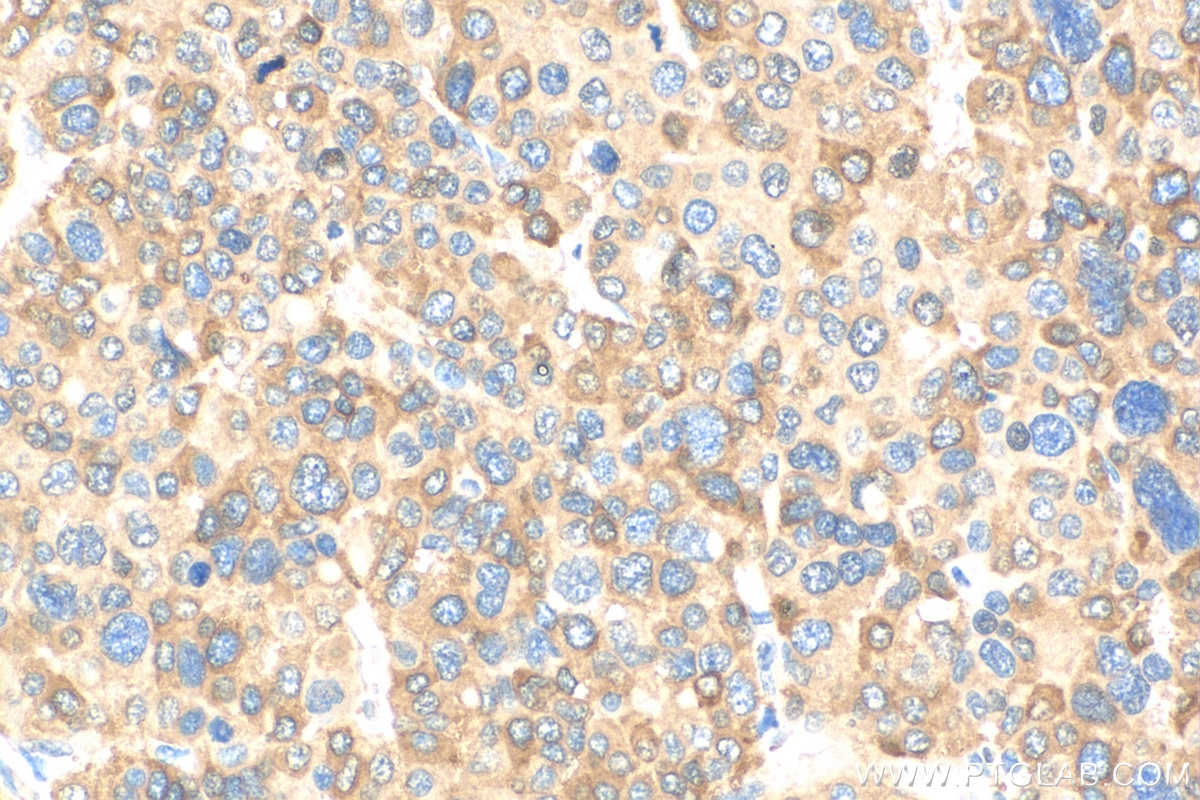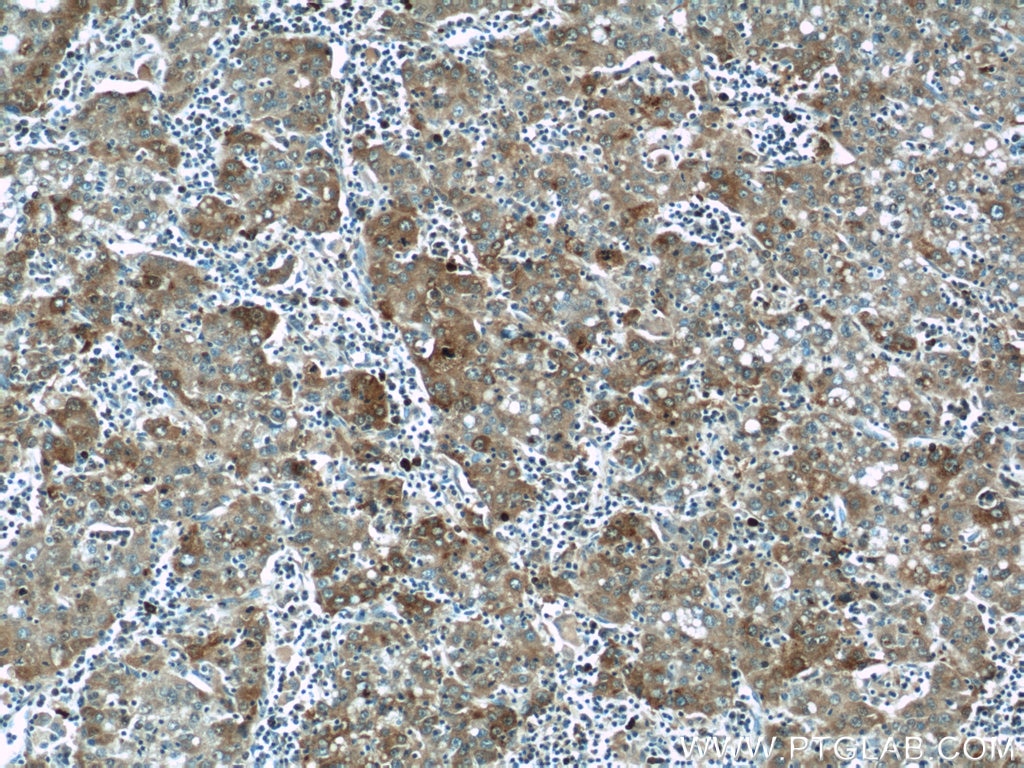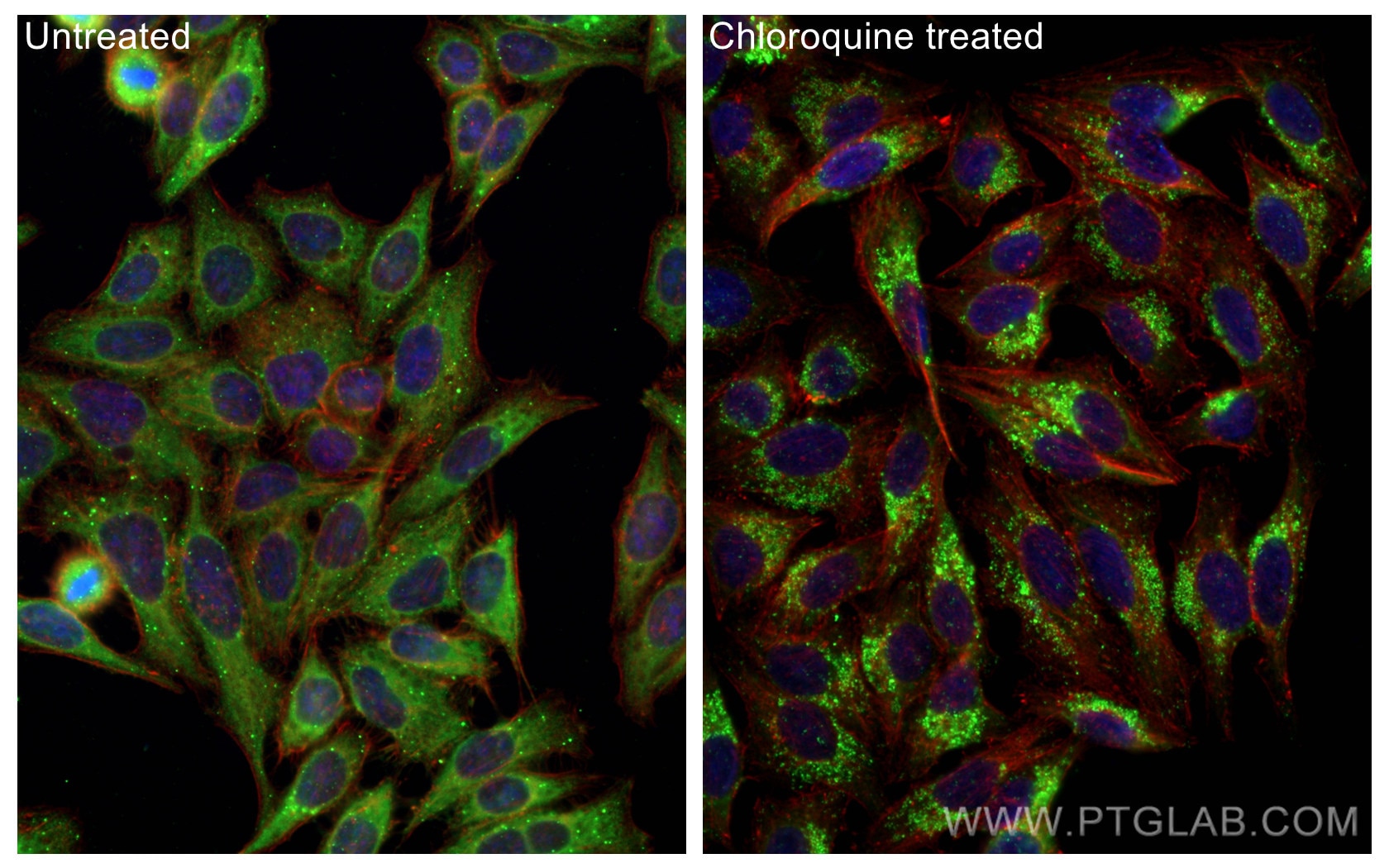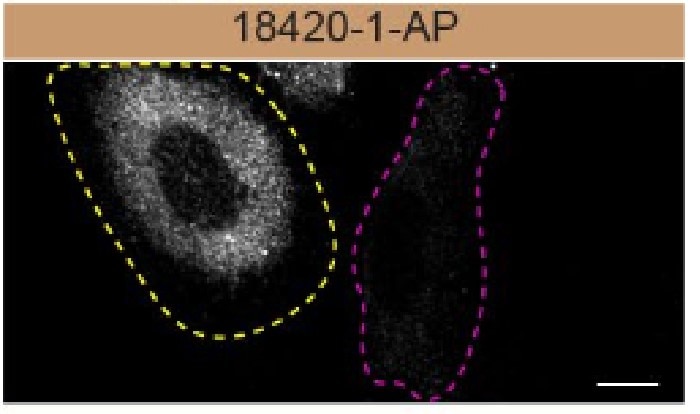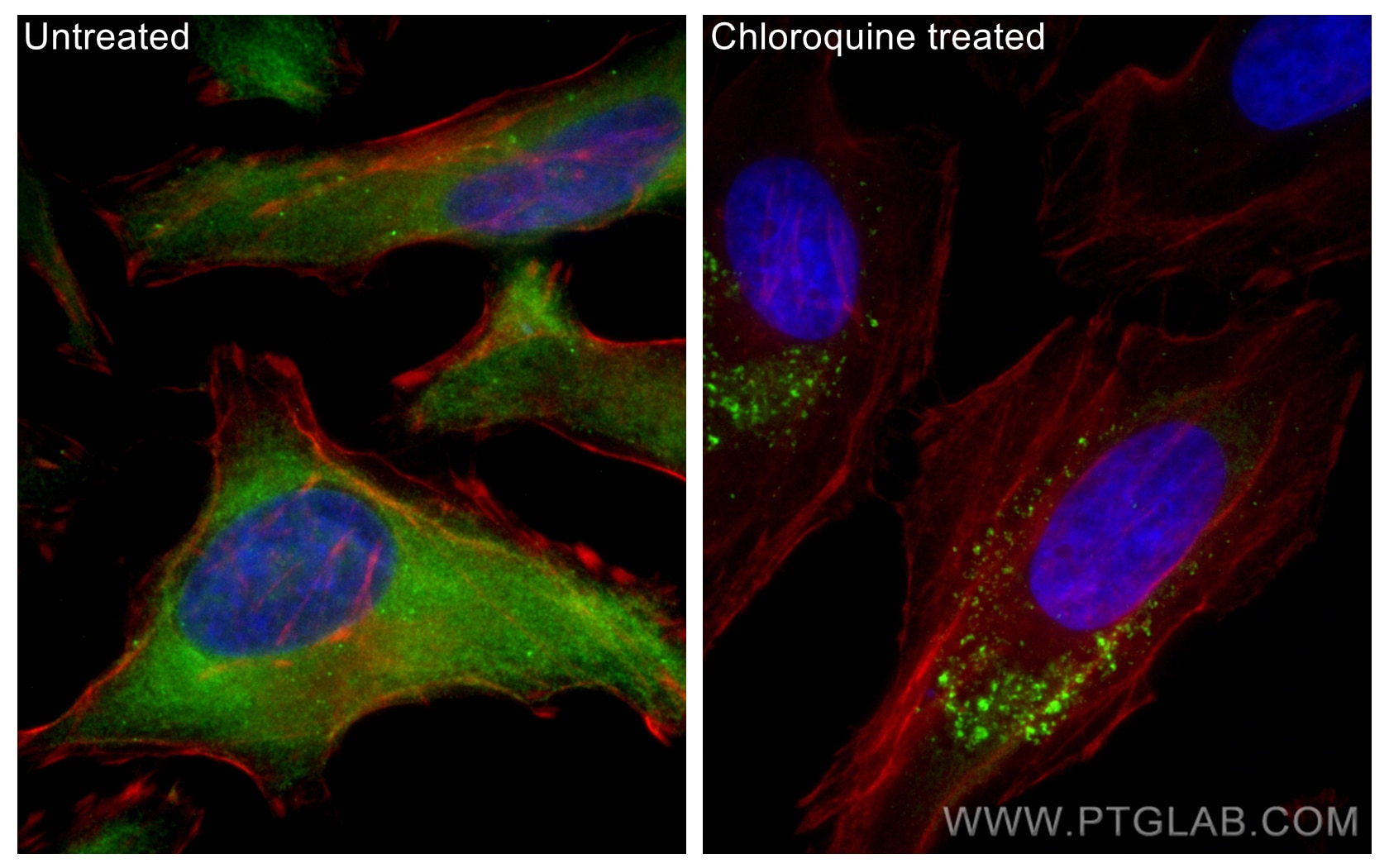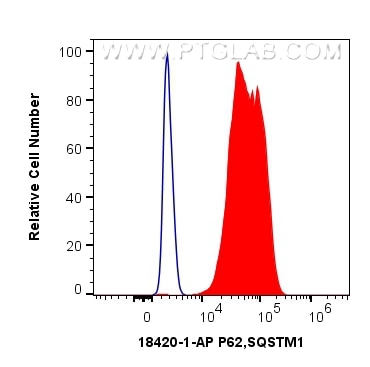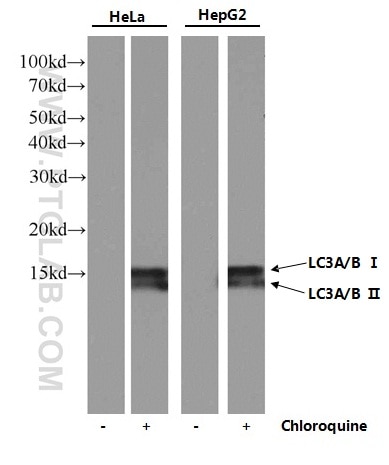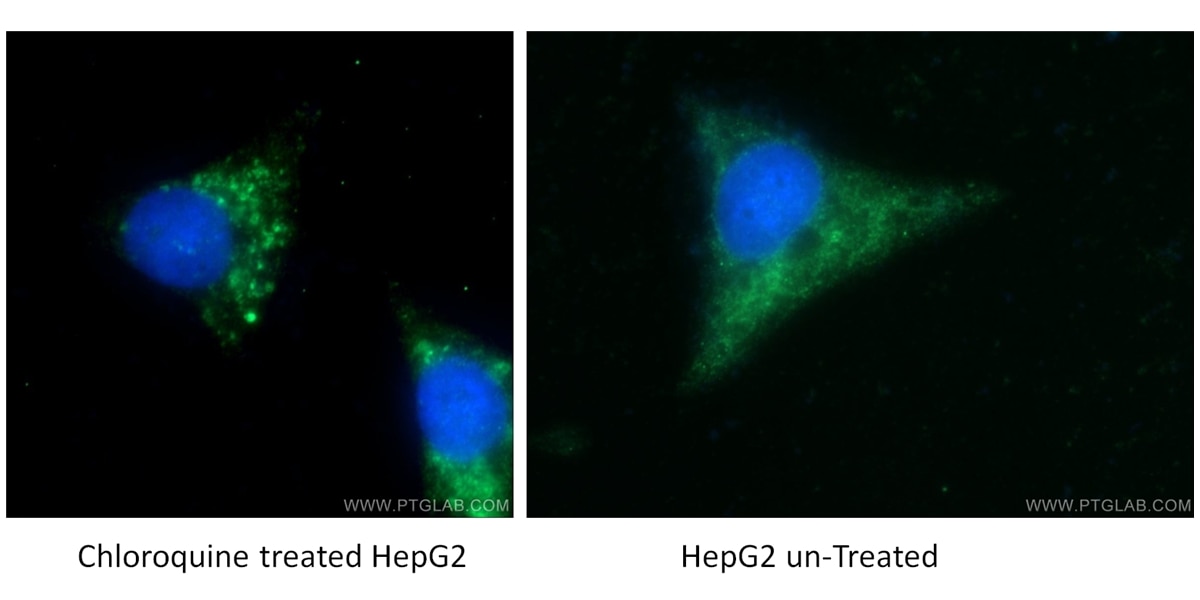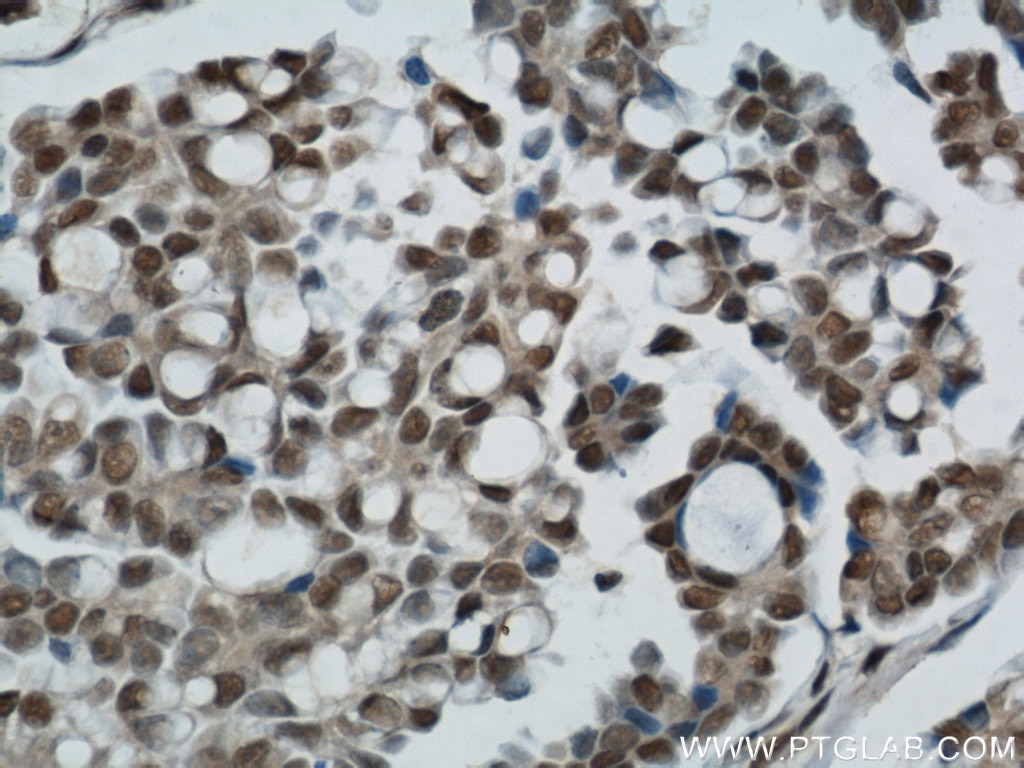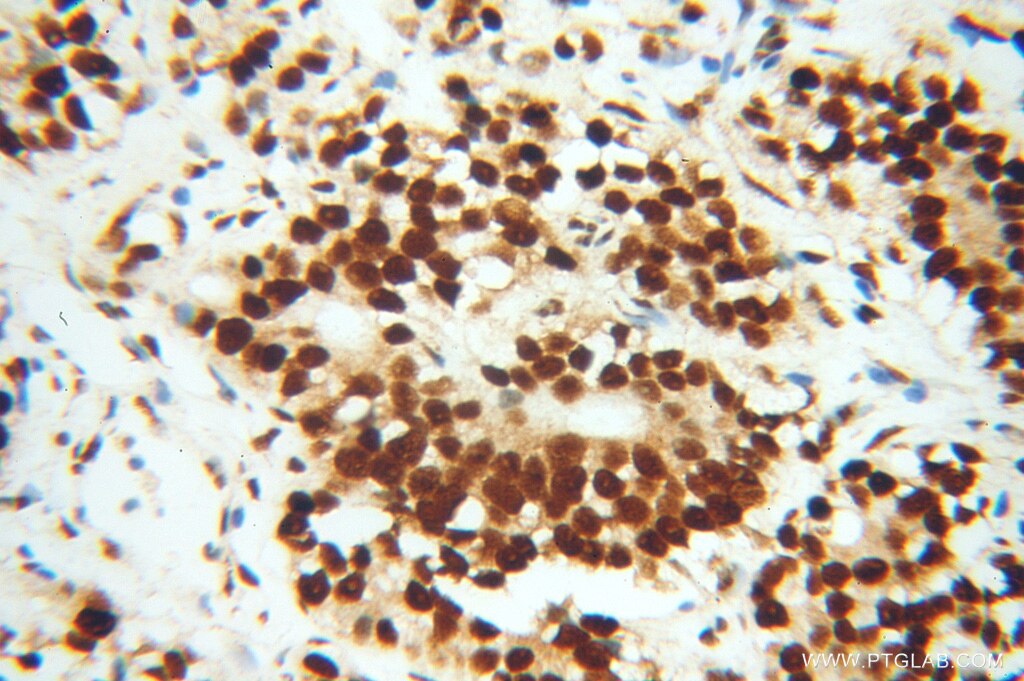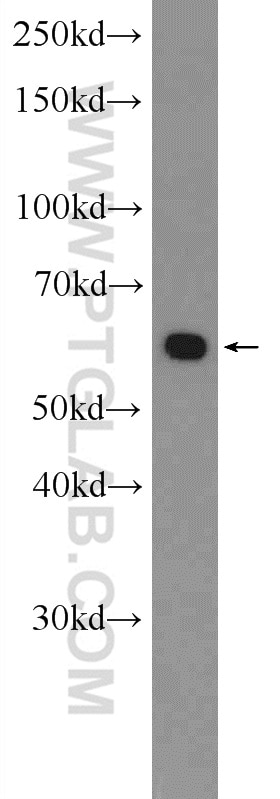- Featured Product
- KD/KO Validated
P62,SQSTM1 Polyklonaler Antikörper
P62,SQSTM1 Polyklonal Antikörper für FC, IF, IHC, IP, WB, ELISA
Wirt / Isotyp
Kaninchen / IgG
Getestete Reaktivität
human und mehr (9)
Anwendung
WB, IP, IHC, IF, FC, CoIP, ELISA
Konjugation
Unkonjugiert
1338
Kat-Nr. : 18420-1-AP
Synonyme
Galerie der Validierungsdaten
Geprüfte Anwendungen
| Erfolgreiche Detektion in WB | HeLa-Zellen, HEK-293-Zellen, HepG2-Zellen, Jurkat-Zellen, U2OS-Zellen, U-87 MG-Zellen |
| Erfolgreiche IP | HepG2-Zellen, U2OS-Zellen |
| Erfolgreiche Detektion in IHC | humanes Leberkarzinomgewebe, humanes Gliomgewebe Hinweis: Antigendemaskierung mit TE-Puffer pH 9,0 empfohlen. (*) Wahlweise kann die Antigendemaskierung auch mit Citratpuffer pH 6,0 erfolgen. |
| Erfolgreiche Detektion in IF | mit Chloroquin behandelte HepG2-Zellen, mit Chloroquin behandelte HeLa-Zellen, U2OS-Zellen |
| Erfolgreiche Detektion in FC | HEK-293-Zellen |
Empfohlene Verdünnung
| Anwendung | Verdünnung |
|---|---|
| Western Blot (WB) | WB : 1:5000-1:50000 |
| Immunpräzipitation (IP) | IP : 0.5-4.0 ug for 1.0-3.0 mg of total protein lysate |
| Immunhistochemie (IHC) | IHC : 1:250-1:1000 |
| Immunfluoreszenz (IF) | IF : 1:750-1:3000 |
| Durchflusszytometrie (FC) | FC : 0.40 ug per 10^6 cells in a 100 µl suspension |
| It is recommended that this reagent should be titrated in each testing system to obtain optimal results. | |
| Sample-dependent, check data in validation data gallery | |
Veröffentlichte Anwendungen
| KD/KO | See 32 publications below |
| WB | See 1217 publications below |
| IHC | See 136 publications below |
| IF | See 151 publications below |
| IP | See 17 publications below |
| CoIP | See 6 publications below |
Produktinformation
18420-1-AP bindet in WB, IP, IHC, IF, FC, CoIP, ELISA P62,SQSTM1 und zeigt Reaktivität mit human
| Getestete Reaktivität | human |
| In Publikationen genannte Reaktivität | human, Affe, Ente, Gänseküken, hamster, Hausschwein, Huhn, Kaninchen, Zebrafisch, Ziege |
| Wirt / Isotyp | Kaninchen / IgG |
| Klonalität | Polyklonal |
| Typ | Antikörper |
| Immunogen | P62,SQSTM1 fusion protein Ag13131 |
| Vollständiger Name | sequestosome 1 |
| Berechnetes Molekulargewicht | 48 kDa |
| Beobachtetes Molekulargewicht | 62 kDa |
| GenBank-Zugangsnummer | BC017222 |
| Gene symbol | SQSTM1 |
| Gene ID (NCBI) | 8878 |
| Konjugation | Unkonjugiert |
| Form | Liquid |
| Reinigungsmethode | Antigen-Affinitätsreinigung |
| Lagerungspuffer | PBS mit 0.02% Natriumazid und 50% Glycerin pH 7.3. |
| Lagerungsbedingungen | Bei -20°C lagern. Nach dem Versand ein Jahr lang stabil Aliquotieren ist bei -20oC Lagerung nicht notwendig. 20ul Größen enthalten 0,1% BSA. |
Hintergrundinformationen
Background
P62 (ubiquitin-binding protein P62), also known as Sequestosome-1, is a multifunctional adaptor protein most widely known for its role as an autophagosome cargo protein (PMID: 8551575). P62 via specific interactions with polyubiquitylated target proteins induces their selective autophagy (PMID: 17580304). It also plays an important role in the regulation of the NFkB signaling pathway, senescence, cell differentiation, apoptosis, and immune responses (PMID: 26404812).
What is the molecular weight of P62?
The observed molecular weight of the protein can vary from as low as 8 kDa (for the smallest isoforms) to 48 kDa.
What is the subcellular localization of P62?
P62 is mainly localized in the cytoplasm; however, upon autophagy induction, e.g., via starvation or selective inhibitor treatment, it localizes in vesicular structures - autophagosomes.
What is the tissue specificity of P62?
It is ubiquitously expressed in various tissues.
What is the function of P62 in the regulation of cell death and autophagy?
It is a selective autophagy receptor that forms a bridge between polyubiquitylated cargo (via its UBA domains) and an autophagy modifier such as LC3 (via LIR domains) (PMIDs: 16286508, 20168092, 24128730, 28404643, 22622177). The process of selective autophagy is tightly regulated at many levels, including the posttranslational modifications (PTMs) of various proteins in the cascade, P62 among others (PMID: 29233872). P62 is involved in the regulation of cell death induction in response to various stimuli, e.g., via activation of caspase-8 at the autophagosome membrane (PMID: 29480462). In addition, P62 is degraded during the autophagic process, which makes its intracellular level a marker for autophagy progression.
What is P62's involvement in disease?
Mutations in P62 have been associated with the following diseases: sporadic and familial Paget's disease of bone, neurodegenerative diseases, diabetes, and obesity (PMID: 29480462). A growing number of reports suggest the implication of P62 in the induction of multiple cellular oncogenic transformations. Indeed, increased levels of P62 have been linked to tumor formation, cancer promotion, and resistance to therapy (PMID: 29738493). Moreover, P62 is an unfavorable prognostic marker in liver cancer.
Protokolle
| Produktspezifische Protokolle | |
|---|---|
| WB protocol for P62,SQSTM1 antibody 18420-1-AP | Protokoll herunterladen |
| IHC protocol for P62,SQSTM1 antibody 18420-1-AP | Protokoll herunterladen |
| IF protocol for P62,SQSTM1 antibody 18420-1-AP | Protokoll herunterladen |
| IP protocol for P62,SQSTM1 antibody 18420-1-AP | Protokoll herunterladen |
| FC protocol for P62,SQSTM1 antibody 18420-1-AP | Protokoll herunterladen |
| Standard-Protokolle | |
|---|---|
| Klicken Sie hier, um unsere Standardprotokolle anzuzeigen |
Publikationen
| Species | Application | Title |
|---|---|---|
Nature FBXO38 mediates PD-1 ubiquitination and regulates anti-tumour immunity of T cells. | ||
Signal Transduct Target Ther Targeting CRL4 suppresses chemoresistant ovarian cancer growth by inducing mitophagy | ||
Cancer Cell iASPP Is an Antioxidative Factor and Drives Cancer Growth and Drug Resistance by Competing with Nrf2 for Keap1 Binding. | ||
Cell Metab Receptor-Mediated ER Export of Lipoproteins Controls Lipid Homeostasis in Mice and Humans. | ||
Cell Res Intercellular transfer of activated STING triggered by RAB22A-mediated non-canonical autophagy promotes antitumor immunity |
Rezensionen
The reviews below have been submitted by verified Proteintech customers who received an incentive forproviding their feedback.
FH David (Verified Customer) (01-02-2024) | Used for WB in cell lysates. Prominent band at the predicted molecular weight, although some non-specific bands in the control at around 40kDa. However, the correct SQSTM1 band can be clearly visualised.
|
FH Alexandru (Verified Customer) (11-21-2023) | Great at detecting p62 in cell lysates.
|
FH Wan (Verified Customer) (02-24-2022) | Perfect antibody, clear bands!
|
FH X (Verified Customer) (01-18-2021) | It is a reliable Ab to detect p62 with mouse brain lysate, although there is other band detected.
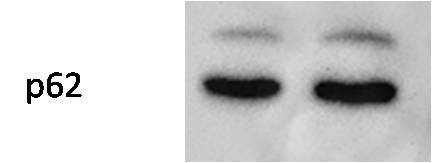 |
FH X (Verified Customer) (01-18-2021) | It is a reliable Ab to detect p62 with mouse brain lysate in WB, although there is other bands seen.
|
FH Wei (Verified Customer) (01-30-2020) | Good, Clear band for mouse heart
|
FH Joleen (Verified Customer) (06-16-2019) | Recognizes SQSTM1 prominently with some non-specific bands.
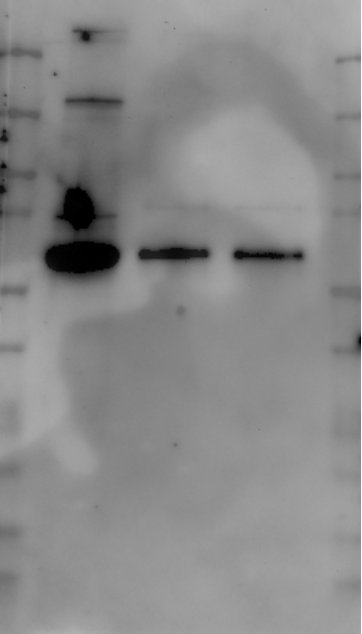 |
